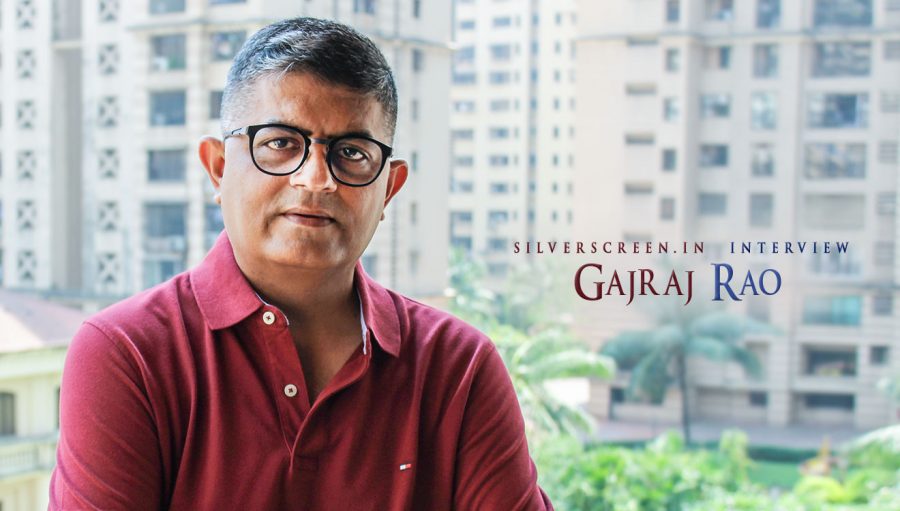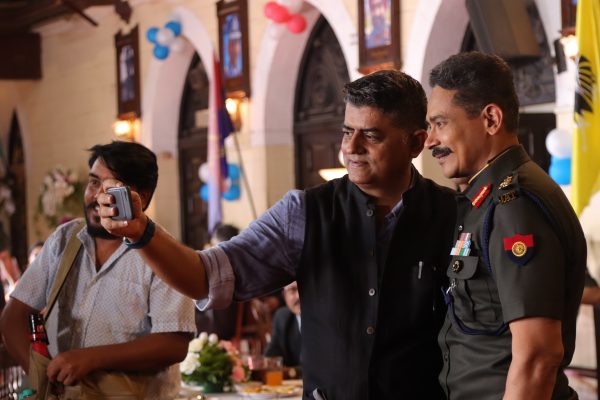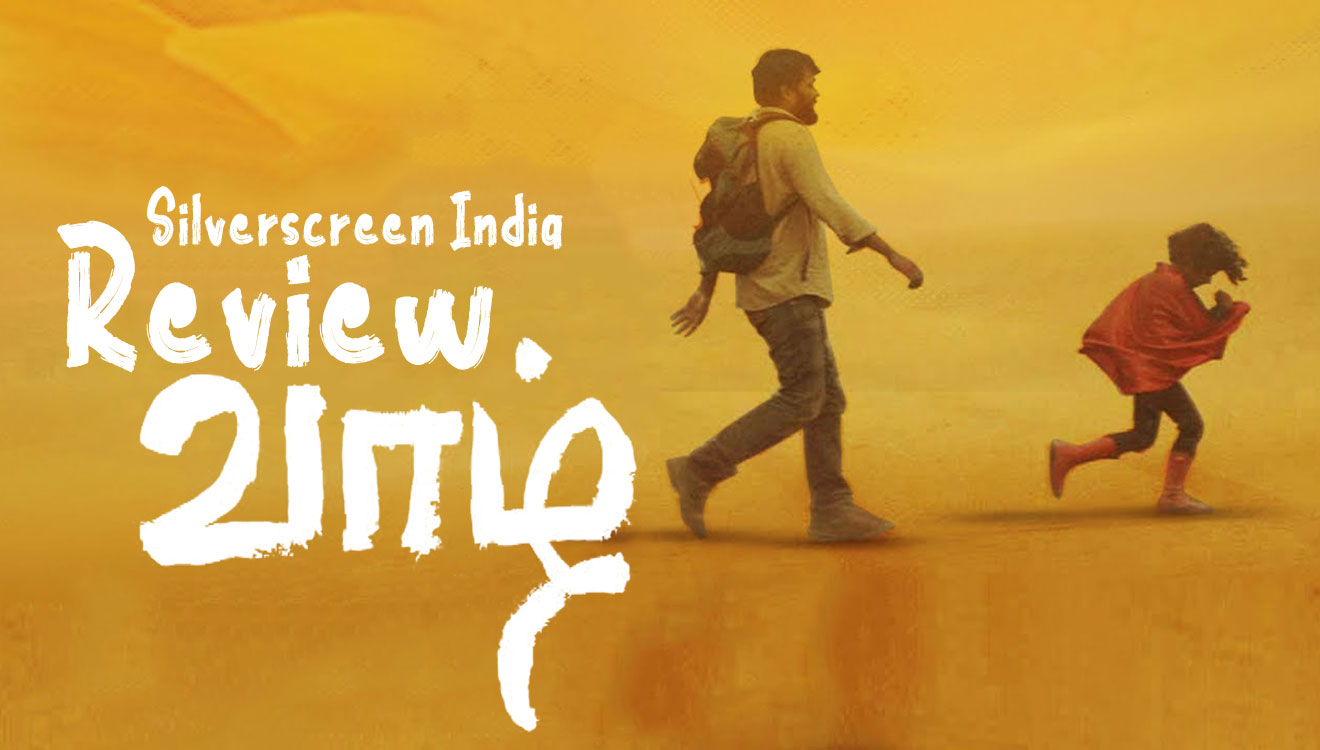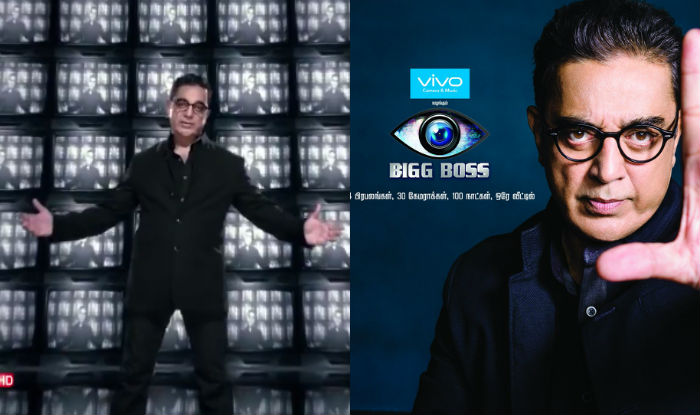Twenty-four years can be an eternity in the film industry, but they can also mean preparation for the role of a lifetime. That’s what happened with Gajraj Rao, who began with tiny roles in movies before progressing to web series (remember his hilarious turn in Bang Baaja Baaraat?) and then, the film that’s turned his life on its head. After the release of Badhaai Ho, which has crossed the 100 crore mark, 48-year-old Gajraj Rao suddenly finds himself handling a spate of interviews. “People want to know my point of view on things. It’s a new thing, an amazing feeling.”
Today, Jitender Kaushik is the face of middle-aged India, especially that India where a late pregnancy is looked upon with extreme curiosity and even a fair amount of ridicule. And, Gajraj Rao, who brought alive Jitender, quirks and all, is the toast of town. He’s the middle-aged man who recites poetry to his wife Priyamvada (a pitch-perfect Neena Gupta), shields her from the world when he has to, and insists she has the agency to decide on her late pregnancy. He’s also the person who is initially anxious and embarrassed before pride over becoming a father once again takes over. He’s the confident ticket checker, loving son, responsible father and romantic husband, all at once.
At some level, Gajraj says that the credit for his performances will go to his initial background in theatre and growing-up years in Delhi’s railway colonies, close by railway stations and the tracks. These colonies were a microcosm of India, with many languages and cultures being celebrated. During weekends or special occasions, the entire mohalla would hire movies for the night. Jeetendra and Amitabh’s histrionics would entertain them, months and years after the films originally released.
These colonies were also where Gajraj learnt varied dialects. “There would be someone from Himachal Pradesh, someone from Punjab, or a region in Uttar Pradesh. I was fascinated by these dialects, and kept practising them. Probably, that was the beginning of the actor in me,” smiles Gajraj, who suddenly finds himself being called out by name, from a time when people would look at him, and wonder why he was familiar. It also helped that the family would undertake yearly trips to Dungarpur in Rajasthan, where they hailed from. “We would either get off in Ratlam or Ahmedabad, travelling by Deluxe or Sarvodaya Express. Relatives would visit us in Delhi and I was always amid people. We were a typical middle class family that lived life with minimal resources.”
After his debut in 1994 with a brief role in Shekhar Kapur’s Bandit Queen, the actor has been seen in films of substance such as Talvar and Blackmail, and TVF’s web series like A Day With RD Sharma, F.A.T.H.E.R.S. and Tech Conversations With Dad, besides Bang Baaja Baaraat, produced by Y Films, a subsidiary of Yash Raj Films. Bang… saw him almost create a prototype of a small-town father whose heart is in the right place, but who does not know how to react when his son chooses a modern girl to wed and decides on a resort wedding.
The seeds for Gajraj’s foray into cinema and web series were sown years ago. When he was a student of Delhi University, a friend introduced him to theatre. He watched Sandhya Chhaya at Shri Ram Centre For Performing Arts, Mandi House. “I was blown by the magic of theatre. There were about 100 people in the audience, and two young actors played senior citizens on stage. The lighting, the music… everything impressed me I slept very late that night, because the experience kept replaying in my mind. I was drawn to theatre and my trips to Mandi House became more frequent. I was hooked.”
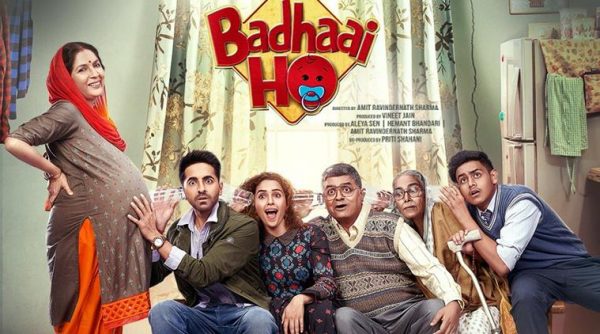 He then became part of amateur theatre and started acting. “The stage mesmerised me, for before that, the only spectacle I’d seen was the Ram Lila,” Gajraj laughs. “This felt like I was struck by lightning; it consumed me.” Soon, he became part of VK Sharma’s Khilona, a group where adults performed for children, and staged more than a 100 plays.
He then became part of amateur theatre and started acting. “The stage mesmerised me, for before that, the only spectacle I’d seen was the Ram Lila,” Gajraj laughs. “This felt like I was struck by lightning; it consumed me.” Soon, he became part of VK Sharma’s Khilona, a group where adults performed for children, and staged more than a 100 plays.
But, Gajraj realised that while theatre was his life, it could not become his livelihood. He found his calling in advertising. “Advertising is again storytelling. It energised me. You have to tell a story in 30 or 60 seconds, and directing those films gave me both financial security and creative satisfaction.” He quips, “I make films for Hindustan Lever and search for good roles in Hindustani cinema!”
*****
What worked best for Gajraj, across the fields he dabbled in, was his attitude. “I was prepared for a life where no miracles or overnight success would take place. I was never in a hurry. I would wait, bide my time and then take up something. I would even choose my ad films with care. Humour and emotions in storytelling were my forte and I would not take up an ad for a shampoo, for instance. That’s not my strength. And, I stuck to this even if it meant that there was no work for a fortnight or a month. In acting too, I have refused big budget films with not-so well written roles.”
At times, when the going got tough, Gajraj turned to old friends such as Ashish Vidyarthi. “He works like a mirror. He always gives me a solution.” Their friendship dates back decades and it was forged in Delhi, when NK Sharma, Ashish and Manoj Bajpayee started Act One theatre group. “There were some great people there, and we did some amazing plays in four-five years. We read literature, hung out for 12-15 hours a day. It created a huge impact on me and paved a path for my future.”
Some of his old-time buddies also star in Badhaai Ho. Tarun Bali plays the person who picks him up for the family wedding and Arun Kalra essayed the part of his brother-in-law. Gajraj says he stayed positive over the years because of the people he met, and the kindness they showed him. “In Act One, we had Ashutosh Upadhyay, who’s no more. He was into garment exports and when he realised my financial condition, he gave me a job in his company as junior supervisor. After some days, I realised this was not my calling. I told him ‘I can act like a supervisor, cannot work like one’. He kept my slot open, for whenever I wanted it,” he recalls.
Others helped him land a freelance writing job for Navbharat Times and Hindustan Dainik, which helped bring in money. He worked in Janta Book Corner in Gole Market. His friend Shoojit Sircar introduced him to Siddhartha Basu, whose quiz shows were very popular. He had nothing to offer me, but he was kind, he created a job for me. I was audience coordinator, and had to brief them on what was going to happen during shooting or live interactions. Babu (as Siddhartha was called among friends) was offered a quiz in Tihar Jail, sometime in 1995 or 1996. He told me to become the quiz master. I was apprehensive, but meeting those under-trials in Jail Number 4 and seeing them quiz was transformative. Soon, I started assisting Pradeep Sarkar. When he moved to Bombay, I followed him.”
In the city of dreams, Gajraj missed the chug chug of trains and the rumble in the house when a train passed by. “Our life revolved around trains. If Deluxe left, it meant it was time to eat lunch. If another train passed by, it meant bed time.” But, the Delhi boys bonded, and shared their hopes and failures. “Even in the worst of times, there was always some kindness, some guidance. I started my own advertising production house, Code Red Films. My first was a public service film for the national anthem. Nitesh Tiwari gave me my second advertisement. Someone said I was a newcomer, but he liked me. A three-minute film for Sonata in Tamil (for Lintas, then headed by Balki) did very well. I worked extensively with noted cinematographer V Manikantan. He’s a great influence in my journey.” Gajraj has also done a series of films for Hyundai.
And so, all the people he’s met, the things he’s seen and the emotions he’s undergone come together to add gravitas to Gajraj’s performances. “Apart from the writer’s lines, what the director instructs, and how your co-star performs, your observations about life make a difference to how you act. There has to be soul. I’ve seen many Jitender Kaushiks in real life. They are the best fathers, sons and husbands.”
Among the positives in Badhaai Ho is the scene where Jitender tells Priyamvada that she has to ultimately take a call on the pregnancy, because she’s the one who is going to take the kasht. “We worked for nearly three-four hours on that scene, because it has to land properly without being preachy or patronising. All credit to the writer and director for its success.” To think Gajraj was in doubt when director Amit Sharma brought him the script. “It was the biggest part I’ve read so far, and I was apprehensive if I would be able to pull it off. I kept telling him he had the choice of taking bigger actors, and he kept telling me I was that actor. His partners Hemant Bhandari and Alia Sen also convinced me. Ayushmann Khurrana had recommended me for the role, remembering me from the TVF sketch I did with him some years ago…He kept telling me this part would create something new in my life. The praise for the role is welcome, but this was total team effort. Without Ayushmann’s charm and understanding of the subject, there is no Nakul. Sanya Malhotra’s selflessness adds to her role. What do I say about Neena ji and Surekha Sikri ji? It was such a pleasure being in the same frame as them. My favourite scene is the one where my mother confronts me in the morning. Surekha ji improvised during the take and added the line, ‘Meri taraf mooh kar’ [turn and face me]. That scene where Ayushmann goes to apologise to Sheeba Chaddha is a masterclass in acting, a lesson in what to do and not do in a scene. Both the Alkas (Ameen and Badola, who played the sister and sister-in-law) were perfect in their roles.”
The actor says he will be indebted to Amit for life for this film. “I set him a list of conditions, but he smiled his way through them. I have spondylitis and told him I can’t walk fast, dance or run. I’m grateful he saw Jitender in me when I did not.” As for the body language in the film, Gajraj says he owes it all to theatre. Jitender is reluctant and hesitant, before pride and joy take over his face. “It helped that I worked on the role for at least 2-4 hours a day.”
Amid all the euphoria, Gajraj’s wife Sanjana keeps him grounded. “She gave me 20 days to enjoy my fame and return to our real world.”. He returned much earlier though. Soon after shooting for Badhaai Ho wrapped up, he went on to direct an ad with Boman Irani for Indusind Bank, little realising his life would change dramatically.
Recommended
Are the roles pouring in now? “That would worry me. I don’t see myself reading 10-20 scripts a month. I want to take it easy, but also look out for something drastically different. I’m also working on my script and will, hopefully, direct a film by next year. You see, I’m the tortoise; I take things slow and steady.” Gajraj next plays a politician in a black comedy directed by ad filmmaker Rajesh Krishnan, and starring Kunal Khemu, Vijay Raaz, Rasika Duggal and Ranbir Shorey.
Even today, when Gajraj feels like he needs a reality check, he heads to Delhi. “It’s an integral part of my life. I like the Mumbai work culture a lot, but for friendships, it’s Delhi. It is aggressive when compared to Mumbai, but even now when I walk or drive past Mandi House, I turn into that student who watched Sandhya Chhaya.”
*****
The Gajraj Rao interview is a Silverscreen exclusive.
